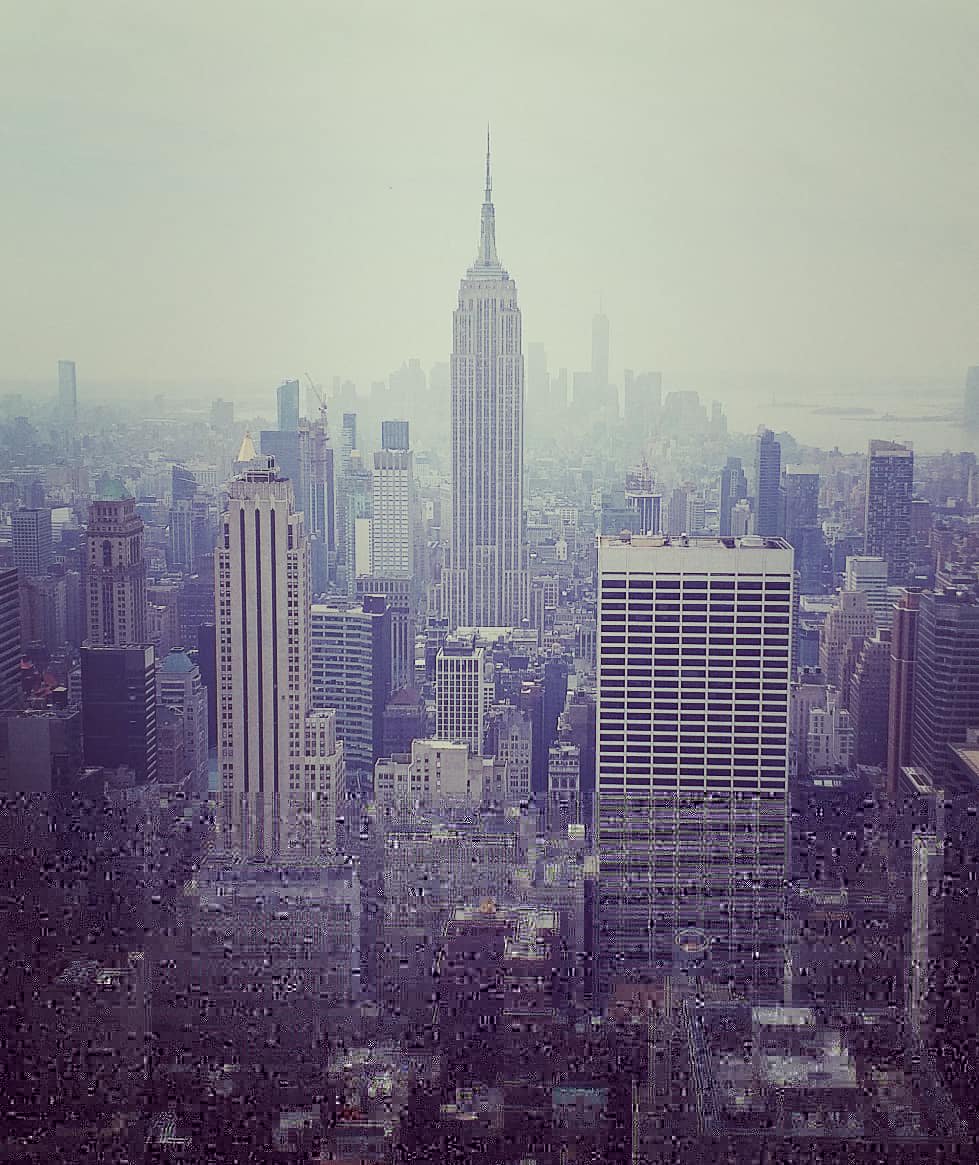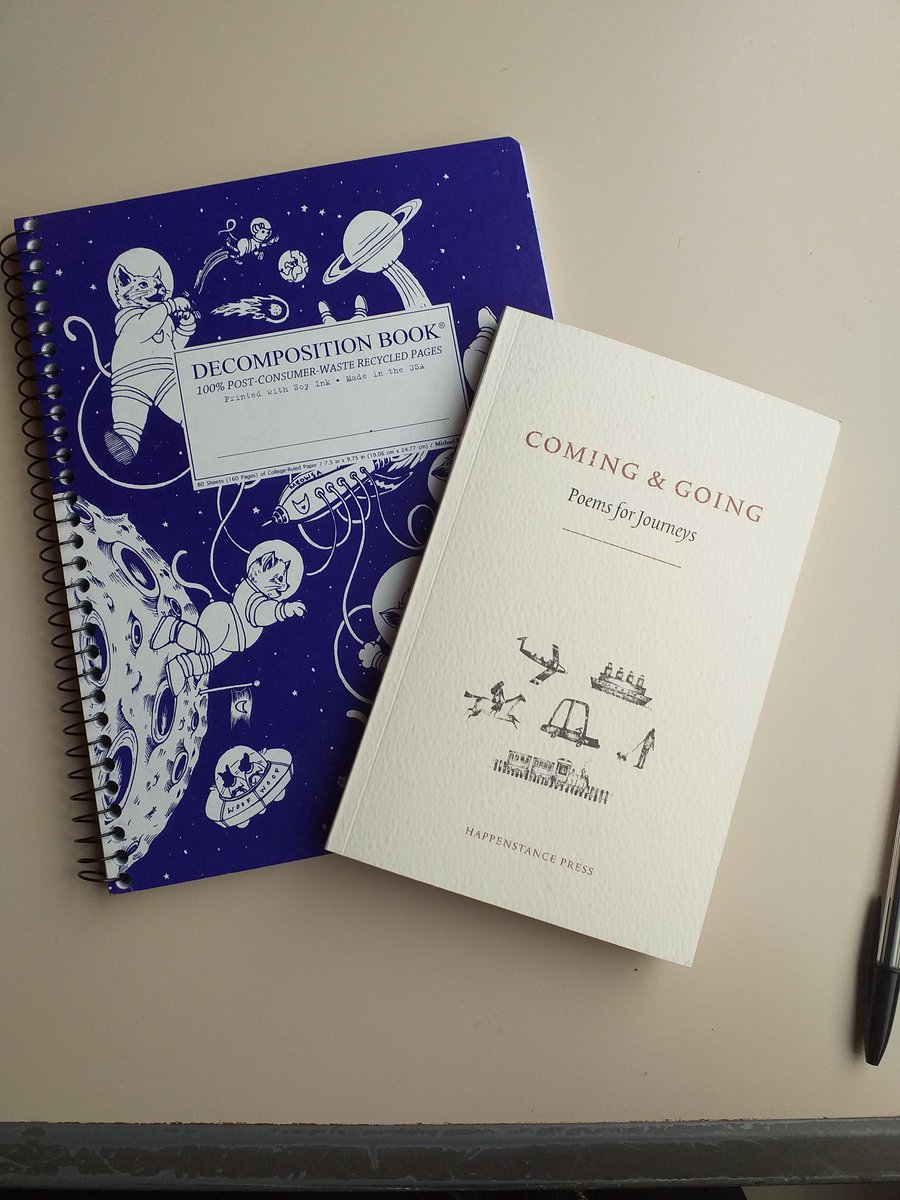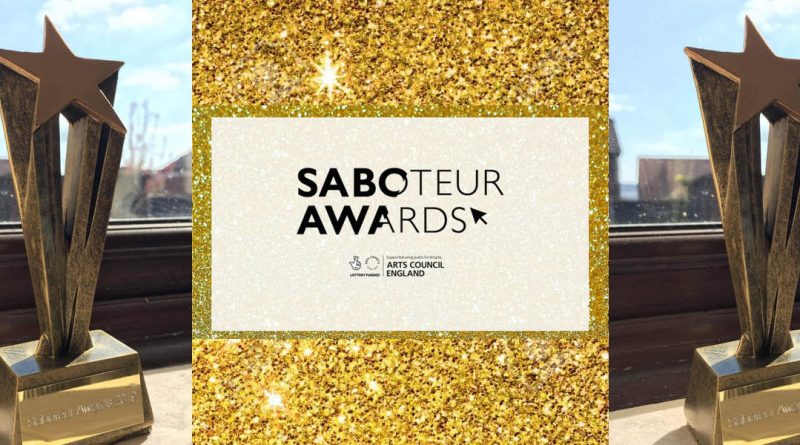If you were taking notes – of course you were – you’ll
remember that in May’s blog post I said I’d discuss a Nottingham event. The slick team behind
Commonplace travel all
around the East Midlands you know. Last Tuesday, I went to
Five Leaves Bookshop
to attend the Nottingham launches of two pamphlets;
Goose Fair Night (Emma Press) by Kathy Pimlott and
A Woman in the Queue (Melos Press) by Jo
Dixon. It definitely had a sense of ‘place’ about it. Kathy comes from
Nottingham originally, so lots of her family were there. Kathy now lives in
Seven Dials, which is slap bang in the middle of central London. Can you imagine
what it would be like? It reminds me of a Kinks’ song, ‘every night I look at
the world from my window.’ Jo is a native of Nottingham now, but some of her
family come from Bethnal Green, so there was an exchange there between the two
cities.
 |
| Kathy Pimlott & Jo Dixon...May 31st Five Leaves, Nottingham |
Both readers complemented each other very well;
there was a genuine sense of harmony between them. Like a certain ball game, it
was an evening of two halves, with both Kathy and Jo delivering two short
readings in each part. I’d never heard Kathy read and I’d only heard Jo read
out one poem before. That poem was ‘NICU’ and one of my favourites by Jo, a very
honest poem about the experience of having a newborn in a Neo-Natal ward. It’s
also featured in the pamphlet and she performed a moving reading of it on the
night. One of the things the staff do for parents is to take photos of the
babies, as the poem says, ‘just in case.’ The emotion is reined in, but it’s
there.
Exactly like a parent who
has to be practical in this situation and deal with the day to day aspects of having a new baby: even
though the threat of something dark is there, ‘A Polaroid, 2” by 3 ½”... tuck
him under your pillow.’
Jo’s reading
also took us away from England and some of the poems were about South Africa. These
were rich with images and full of the language of that region. One of the poems
featured phrases from
Xhosa (hope I
got that right).
Commonplace is yet to travel that far physically, but has now done so
in a poetic sense.
Until a few months ago, I hadn’t heard of
Melos Press, but I think we’ll be hearing a lot more. That’s a tip off if you’re
planning on submitting a manuscript for a pamphlet by the way. They are
producing beautiful pamphlets and the poetry is of a high standard, as evinced
in Jo’s pamphlet.
Place and memory also featured heavily in Kathy’s
poems. For those of you who don’t know Goose Fair is Nottingham’s big annual
event and it’s been going on for a very long time - a mere seven hundred years
or so. Even D.H. Lawrence would pop back home for it when he was in London. It
made perfect sense to include Kathy’s poem, ‘You Bring Out the Nottingham in Me' on Commonplace. I love this poem; I love the energy, the imagery and its
atmosphere. I think I first read it in The
North and was struck by it then. More about the poem below.
Kathy’s pamphlet is published by
The Emma Press who you’ll remember from all those varied and imaginative themed anthologies. The
Emma Press equally publish single-author collections too. They’re definitely
becoming established now and feature lots of exciting titles, with some
beautiful designs and illustrations included in their work. Their poetry has a kind of
gutsiness I really admire. Sometimes in poetry we look to our ‘non-poetic’
friends and relatives as a barometer of what’s good and I can reliably say my ‘non-poetic’
cousin thought their anthology of dance poetry was amazing. In other words, The
Emma Press are very good indeed. Go seek.
I asked Jo if it was ok to feature ‘Dead Ringer’
here and she kindly agreed. Ostensibly,
I chose this poem as it’s linked to place. Something similar to events in the poem occurred on
Trent Bridge, but having typed out the poem I can see (and hear) there’s a heck
of a lot going on that’s worth commenting on aside from place. Firstly, the poem deals with
alcoholism, in particular its physical impact on the body. We could discuss
the emotional one too, but I think the poem leaves that open to interpretation.
That's a hallmark of Jo's poetry, she keeps the emotion watertight and lets the details do the talking. To me, this poem is very honest about the effects of alcoholism on the body. It achieves that through sound as well as description, ‘spine into the bricks /
disc by disc by disc.’ Then there’s the other physical indicators of ‘vascular
spiders’ and ‘her eyes will be bilirubin yellow.’ Ok, I didn’t know what ‘bilirubin’
meant at first, but I can confirm it’s that sickly, thick shade of yellow you
sometimes see around people’s eyes. So, how does the man in the poem know ‘her
eyes’ will be ‘yellow’? This is where you get the chills, because he can see it
in his own wife, as revealed in the
last verse.
Dead Ringer
Waiting at the lights he spots
a woman leaning against
the wall of the Hope and Anchor.
She grabs at the air. Misses.
Her shoulder smacks the concrete slabs.
She levers herself up from the dog ends,
presses her spine into the bricks
disc by disc by disc. The string
of a storybook-balloon seems to tug
at her crown; she is tall.
Three undone buttons lay bare
her collarbone and he pictures
multiplying vascular spiders
flat under her skin.
Her eyes will be bilirubin yellow.
And she’ll be wearing
the same boozy perfume
that once seeped
from the bedsheets as he
tucked them around his wife.
The flatbed in front pulls away.
On to to Kathy’s poems, one of which is about
Loughborough, where the vast editorial team behind Commonplace live and thrive.
How could I, sorry we, not feature a poem about Loughborough? The poem’s about
the Carillon Tower in Queen’s Park, not just any old tower, oh no. The Carillon
is a very nifty bell tower – someone plays a keyboard and the keys are linked
to bells at the top. You can walk a scary staircase right up there and look at
them, all hugely shadowy and sublime. The tower was built in memory of people
who died from the town in the First World War and composers such as Edward Elgar
wrote music for it. I suppose we take the bells for granted here, you often
hear them and the sound’s unusual in itself when it’s carried on the air. It’s
ethereal and sometimes hauntingly out of tune. Kathy’s poem brought home the
real meaning of what those chimes mean when they travel across the town – loss.
What struck me about the poem is how the carillon bells are made in such fiery,
atonal circumstances and then made and shaped to play harmonically. Loughborough has a
history of bell making. I once went to the Bell Foundry here and I have to say
it was like an inferno. That image of fire rather poignantly suits the war
theme. I first saw a draft of this poem when it was in neat tercets, but in a
workshop Matthew Caley told Kathy to ‘explode’ it, so the poem’s shape is very
different now and it suits the theme and overall sound. So, without any further
explanation...
How to Make a Carillon
First, lose two boys to a terrible war,
a loss heavier than Great Paul, fierce
as a maiden casting in spaces blasted,
melted
away. You must know how
to
judge then make a core and cope,
to
wait and wait again, have the stomach
to handle a loam of horseshit, straw,
sand, a steady hand to carry and pour fire,
to balance
the hum, prime, quint, nomimal,
the tierce,
in a true harmonic tuning.
Someone, not you, must build a tower in a park,
tall
enough to launch a peal
across a town, a plain town such as a temperance
group
may once have visited.
A carillonist then climbs
the
narrow stairs, puts on leather gloves,
strikes
batons with loose fists, treads
the
pedals to shift levers and wires
lifting clappers to sound the forty seven bells
whose partial tones
are in such precise relationship
they ring out loss,
concordant
loss,
all
across Loughborough.
Loughborough is on the way to Nottingham and now
we travel a few miles north, next to the window seat with some beige tea, to
the Goose Fair. Nottingham’s a spirited city; it can get pretty boisterous of
an evening. What I like about this poem is the speaker’s softer side, despite
the city's apparent hardness ‘tunnels undermine me secretly.’ This is true as the city
is full of tunnels, but I love the fact the city and speaker are the same
person or thing. I’ll leave you with Kathy’s poem and in the meantime, take
care but enjoy yourself and make sure your mother knows where you are.
You Bring Out the Nottingham in Me
After Sandra Cisneros
You bring out the Hyson Green and Forest Fields
of me, Saturday night and Sunday morning love
bite signalled by a chiffon scarf.
My scent is Dangerous
October, hot engine oil,
hot sugar, Mouse Town must. In electric dark
beyond the caravans, I take on all just
for the glory and floor them tenderly to rock ‘n’
roll,
chain and lever growl and lovely screams.
I am all of these: china saucers of acetic
mushy peas, pomegranate pips eased
out with pins, bows and arrows, bouncing
fairy dolls and cocks on sticks.
Lace cuffs and stockings catch and run as Ludd
spills out of me. Only with you I’m dun sandstone,
tunnels undermine me secretly.
You bring it out of me, me duck, you do, that
mardy
Lawrence fuck. With you I’m Clough-strut right, so
say it,
say I walk in beauty like a Goose Fair night.
*********************
Thank you very much to both Jo and Kathy for allowing me to include their poems. I should probably get down to work on some of my own, I think Kathy and Jo have inspired me to crack on. Commonplace will be back soon, unless the world's ended due to Brexit or media saturation.

















